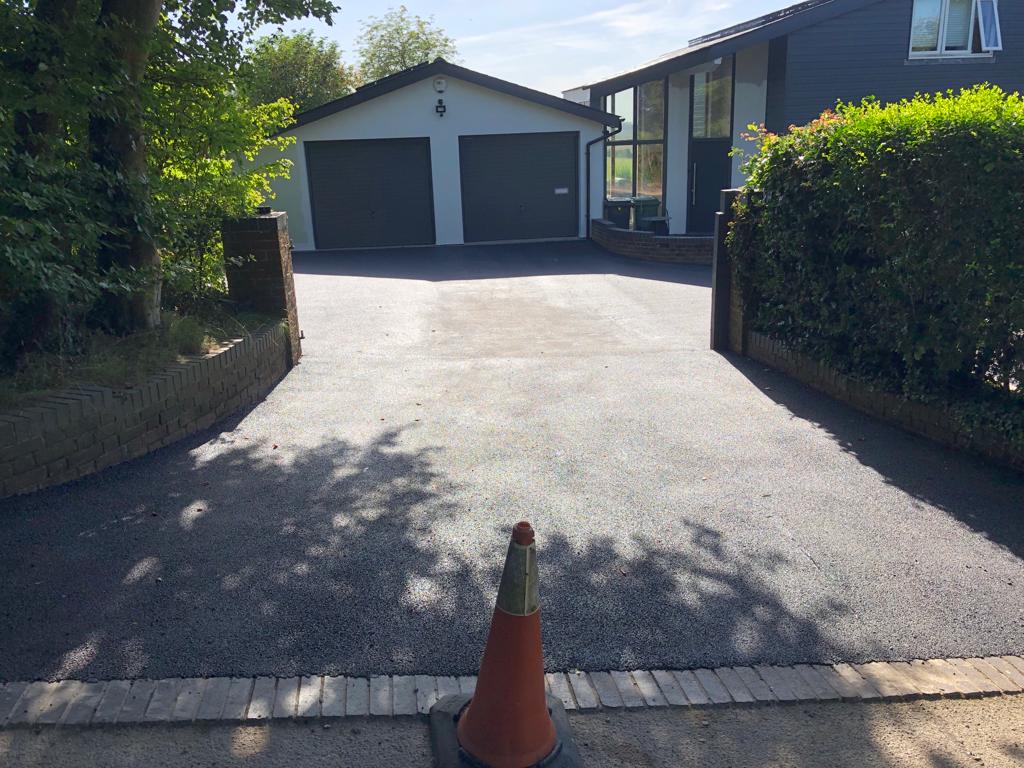Potholes are a common problem for roads across Australia, particularly in rural and high-traffic areas. These imperfections not only damage vehicles but also pose safety risks to drivers and pedestrians. While potholes are inevitable in many regions, one key measure to prevent them from becoming a persistent issue is regular grading. Grading is a cost-effective and efficient way to maintain roads and extend their lifespan. This article explores why regular grading is essential to keep roads pothole-free, the benefits it provides, and how professional surfacing solutions like those offered by Little River Road Tech can help ensure your roads remain in top condition.
What Is Road Grading?
Grading involves the process of levelling and smoothing a road’s surface to ensure proper drainage and a smooth driving experience. This is typically done with the use of a grader, which redistributes and reshapes the road surface, addressing any ruts, depressions, or uneven areas. Grading can also help maintain the overall integrity of unsealed roads, making them safer and more comfortable for vehicles and reducing the potential for potholes to develop.
Why Is Regular Grading Important for Pothole Prevention?
1. Prevents Water Accumulation
One of the primary causes of potholes is water infiltration. When water seeps into cracks and crevices in the road surface, it weakens the material underneath. This leads to erosion and the eventual collapse of the surface. Grading helps to maintain proper drainage by ensuring that the road surface is properly sloped. This allows water to flow off the surface rather than pooling, preventing the formation of potholes caused by trapped moisture.
2. Reduces Surface Erosion
Roads, especially those that are unsealed or frequently used by heavy traffic, are prone to erosion. Over time, the repeated pressure from vehicles, combined with weather conditions, can cause the road to wear away, leading to cracks and the formation of potholes. Grading redistributes the material on the road, preventing uneven wear and smoothing out rough patches that can result in larger damage.
3. Improves Road Durability
Regular grading contributes to the overall durability of a road. By smoothing out high-traffic areas, such as those near intersections, driveways, and busier sections of road, the likelihood of large cracks and significant damage decreases. Proper grading helps to redistribute the weight of vehicles more evenly across the surface, extending the life of the road and reducing the need for frequent repairs.
4. Minimises Maintenance Costs
By addressing small issues before they become major problems, regular grading can help to keep maintenance costs down. Small ruts or uneven patches are far less expensive to grade than waiting for larger cracks or potholes to form. Preventing potholes from developing saves both time and money in repairs and improves the overall condition of the road over time.
5. Enhances Safety for Drivers and Pedestrians
Potholes are not just an inconvenience; they also pose significant safety risks. Vehicles can suffer damage from driving over potholes, leading to costly repairs or accidents. In some cases, potholes can even cause serious accidents or injuries. Regular grading helps to prevent these hazards by keeping the road surface even and free from dangerous holes, ensuring a smoother, safer journey for everyone.
How Regular Grading Works
To ensure optimal results, grading should be performed regularly based on the road’s traffic volume and environmental conditions. For example, roads that experience heavy traffic or extreme weather conditions may require grading more often. The grading process generally includes:
- Assessment of the road surface: Identifying areas that have developed ruts, cracks, or unevenness.
- Levelling and reshaping the surface: Using a grader to redistribute and smooth out the material, ensuring proper drainage and an even surface.
- Compacting the road: After grading, the surface is compacted to ensure it is stable and durable for future use.
- Ongoing monitoring: Regular inspections after grading to check for any signs of wear and to schedule follow-up grading if necessary.
Benefits of Professional Grading Services
While grading can be done by property owners or local councils, hiring a professional service ensures the job is done correctly and efficiently. Professional grading offers several advantages:
- Expertise and Equipment: Professionals use the latest equipment and have the experience to grade roads efficiently and accurately.
- Long-term Solutions: A well-graded road will last longer and require less frequent maintenance, making it a cost-effective choice.
- Tailored Services: Professional grading services can assess the specific needs of your road and offer tailored solutions that address any unique issues.
Conclusion
Regular grading is essential for maintaining pothole-free roads and ensuring the long-term durability of your surfacing. By preventing water accumulation, reducing surface erosion, and improving drainage, grading helps avoid the formation of potholes that can cause safety risks and costly repairs. For property owners, councils, and businesses, investing in professional grading services ensures your roads remain in top condition, reducing the risk of damage and providing a smoother, safer surface for everyone.
If you’re looking to maintain or upgrade the roads around your property in Little River and the surrounding areas, contact Little River Road Tech. Our team of professionals specialises in asphalt and bitumen surfacing solutions, ensuring that your roads are well-maintained and pothole-free. Reach out today to discuss your grading needs and get a quote!
Call us on: 03 4159 2883
Click here to find out more about Little River Road Tech
Click here to complete our contact form and see how we can help with your road needs.

